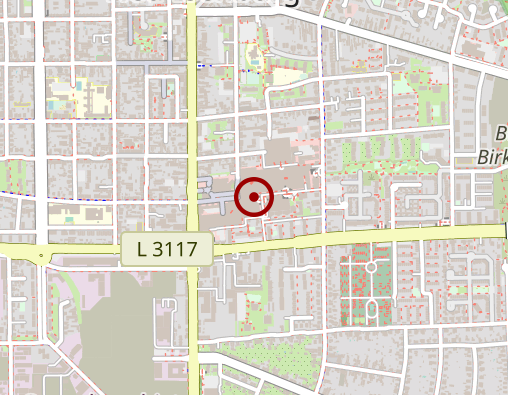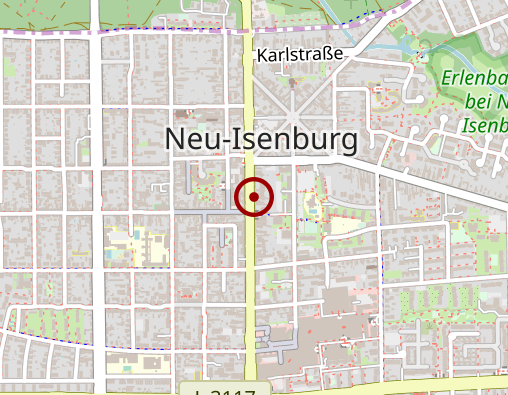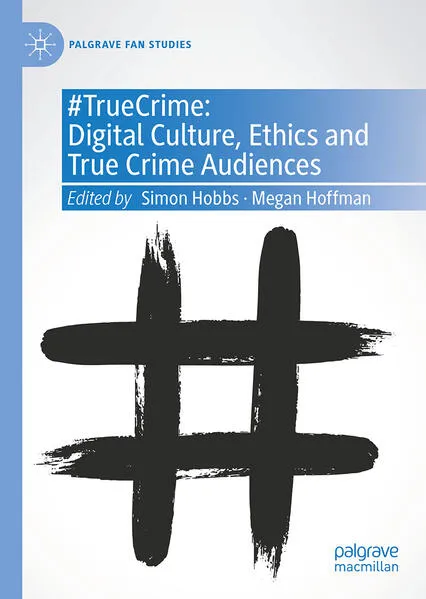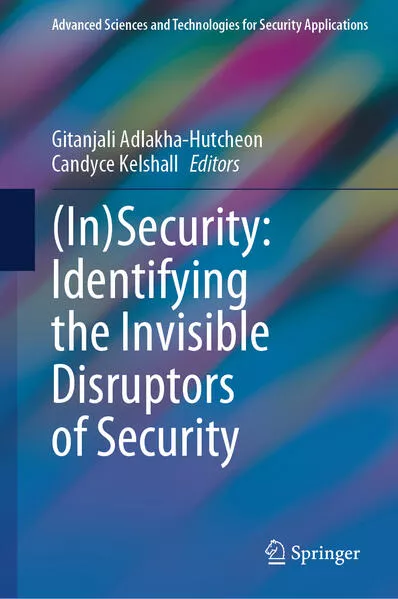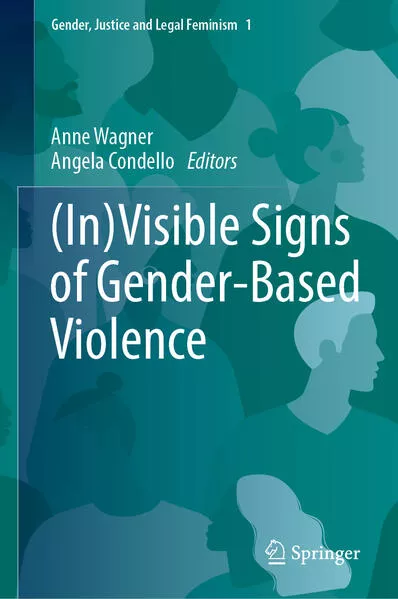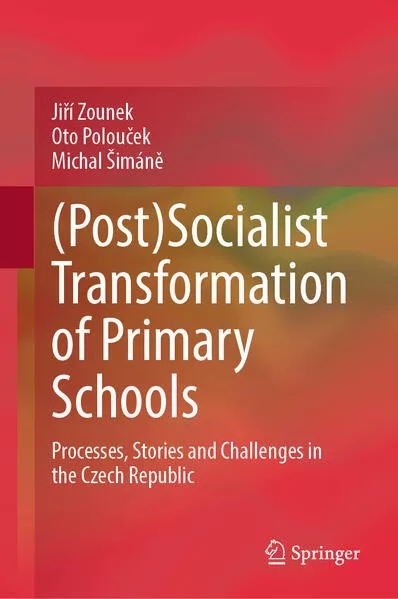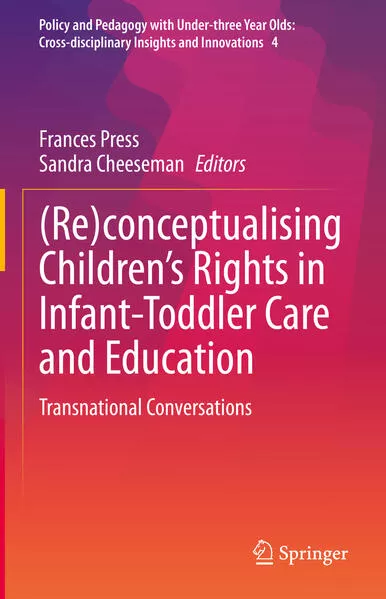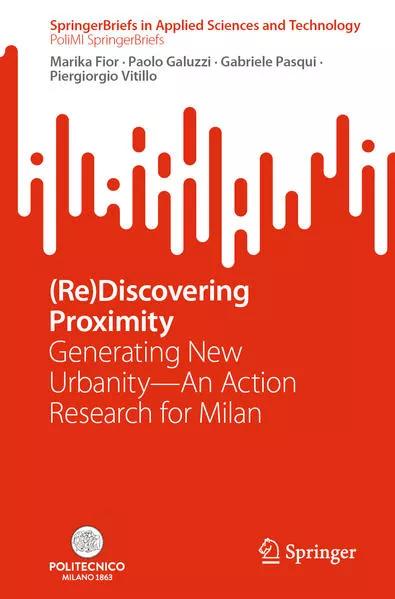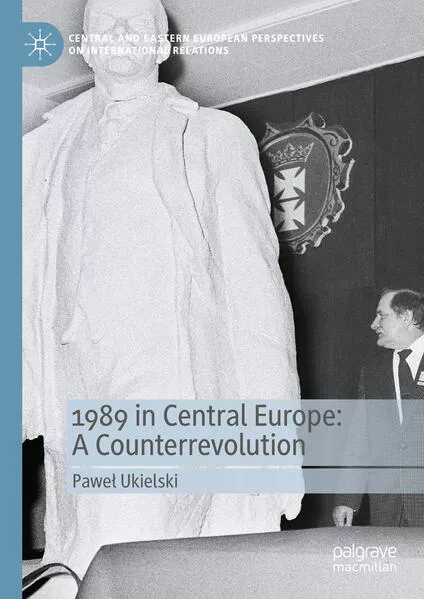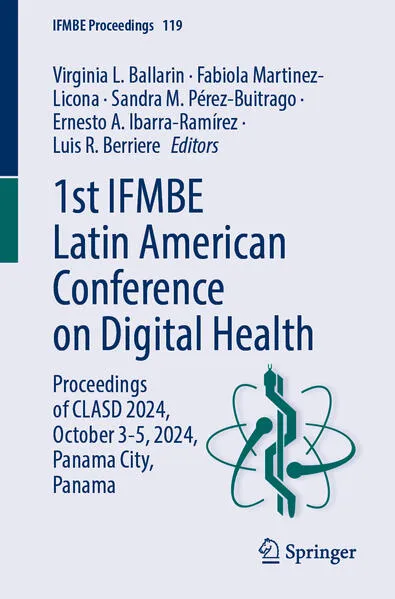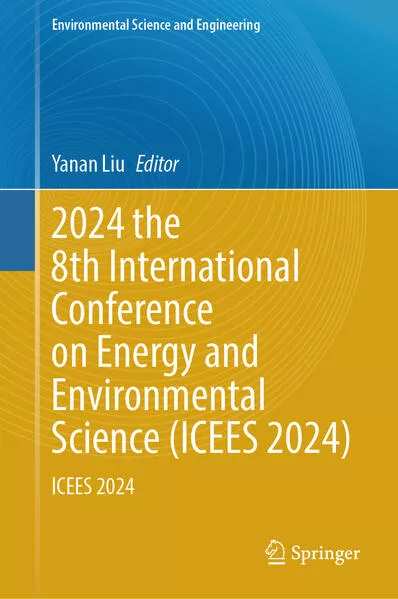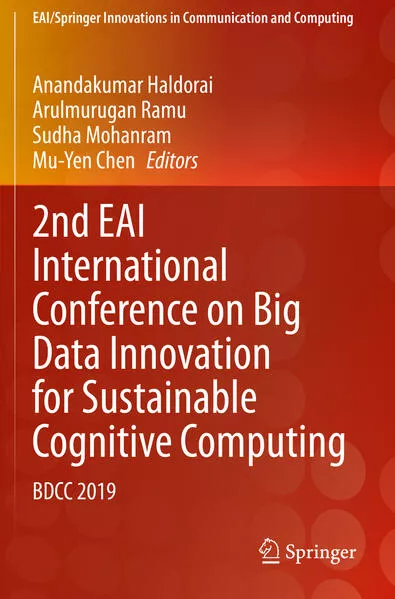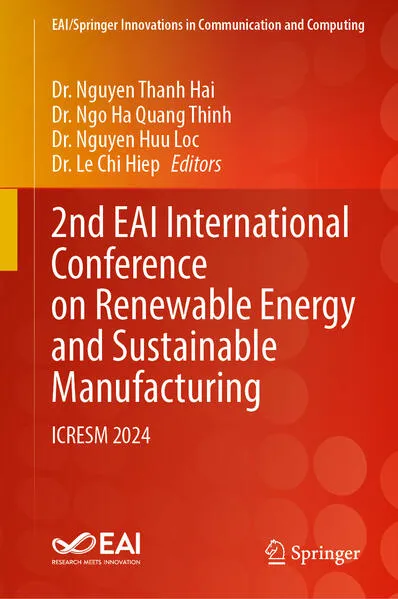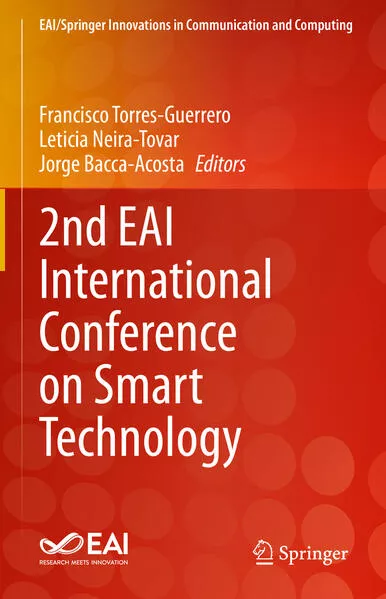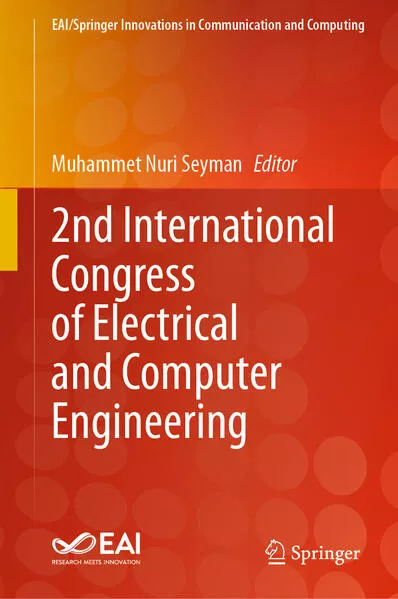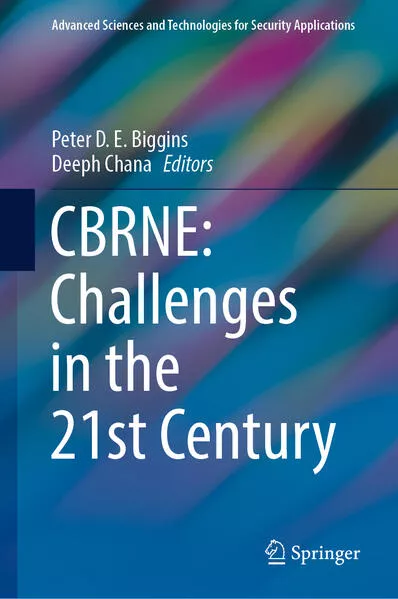
CBRNE: Challenges in the 21st Century
This book addresses the pertinent issues that will need to be considered by those interested in physical security problems of the future. Specifically, it examines how changes in the accessibility of technology – data, hardware, software – are likely to affect both threat and mitigation considerations for Chemical, Biological, Radiological and Explosive (CBRE) scenarios and how social science can inform us of the human aspects of each. The trend towards an ever more socio-technical society and infrastructures – encapsulated by concepts such as 'smart cities' – is drawn out as a key motivation for adopting more holistic risk approaches to such security problems, than is currently the case.
Unterstütze den lokalen Buchhandel
Besuche doch eine der folgenden Buchhandlungen in deiner Nähe
Bestelle dieses Buch im Internet
| Veröffentlichung: | 22.11.2022 |
| Höhe/Breite/Gewicht | H 23,5 cm / B 15,5 cm / - |
| Seiten | 235 |
| Art des Mediums | Buch [Gebundenes Buch] |
| Preis DE | EUR 117.69 |
| Preis AT | EUR 120.99 |
| Reihe | Advanced Sciences and Technologies for Security Applications |
| ISBN-13 | 978-3-031-17373-8 |
| ISBN-10 | 3031173732 |
Über den Autor
Peter D E Biggins is a visiting Professor in the Institute of Security Science and Technology at Imperial College where he currently lectures on the MSc course on Security and Resilience: Science and Technology. His current research interests are: biological informed principles for application technologies, sensing systems for emergency disaster use and consequent impact analysis. Previously, Peter was the head of International Research Strategy at Dstl. Prior to that, he was the technical manager for detection covering all aspects of research on biological and chemical detection including modelling, data fusion, test and evaluation. He was responsible for developing and delivering the UK biological detection capability which is now in service with UK forces. He has led teams working on a wide range of operational analysis issues and also led a research group on the application of knowledge-based systems (KBS). His work on KBS led to the development of the BRACIS warning and reporting system which is currently in use with the UK forces. Before joining the UK MoD, he worked for BCIRA on providing technical solutions in reducing air pollution arising from the processes used in the iron and steel industry both within the workplace and the external environment. He has co-authored two books and a number of academic papers and technical reports.
Prof Deeph Chana is Director of the Institute for Security Science and Technology at Imperial College, Co-Director of the Centre for Financial Technology at Imperial College Business School, Chair of the NATO Secretary General's high level NATO Advisory Group on Emerging and Disruptive Technologies and science and technology advisor to UK's Ministry of Defence. Prof Chana has extensive experience of leading STEM-B programs and initiatives in academia, industry and government and is active in a range of security technology entrepreneurship work; building high-tech start-ups, designing tech incubator initiatives, advising corporates on innovation strategy and serving on a number of innovation boards and committees, including the RUSI Advisory Board for the UK Project on Nuclear Issues. He is co-founder of the UK-Government-funded Research Institute in Trustworthy Industrial Control Systems on cyber-security and undertakes research on advanced data-science and machine learning solutions for global security challenges spanning cyber and physical domains. Prof Chana previously worked as a senior security science and technology official and STEM diplomat in the UK government where he delivered significant aspects of the UK's CBRNE threat analysis and mitigation capability. He has delivered national security policy advice to four UK Secretaries of State – covering incidents including the 2005 London Tube bombings and the liquid explosives aviation plot of 2006 – and served as chairman on key national/international security technology policy working groups and committees. Deeph holds MSci and PhD degrees in Physics from King’s College London.
Diesen Artikel teilen
0 Kommentar zu diesem Buch
.... weitere Publikationen von Springer International Publishing
Kinderbuch »Lasse und Juna - Total versteinert!« – Wikingerabenteuer mit Mut, Freundschaft und Entdeckergeist
Bewerbungsfrist bis zum: 05.03.2026
